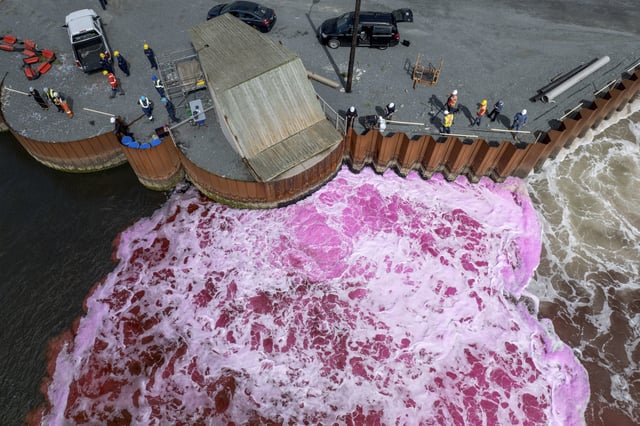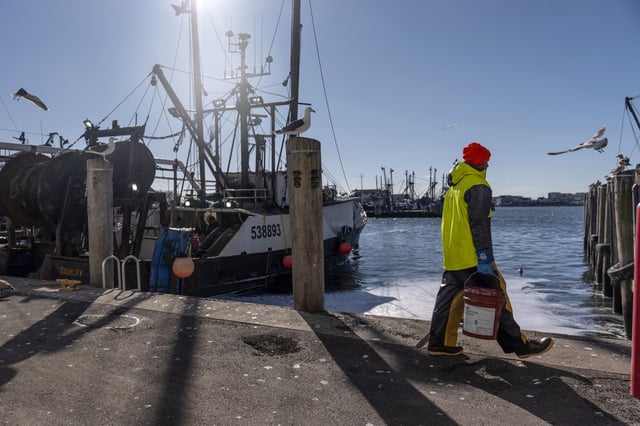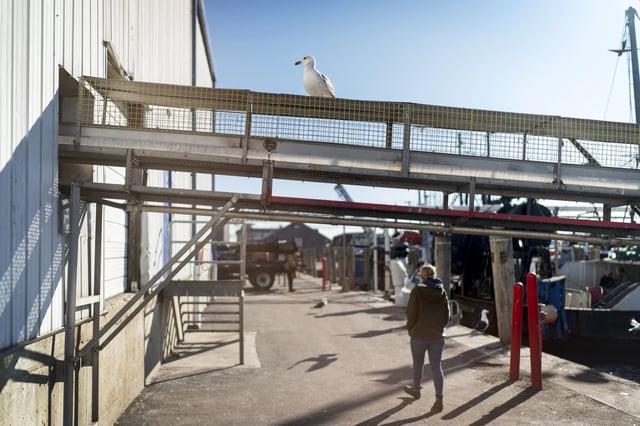Overview
- Startups and researchers are exploring ocean-based carbon capture methods like dissolving minerals, growing seaweed, and sinking organic materials to remove carbon dioxide from the atmosphere.
- The industry has seen significant investment, largely financed through the sale of unregulated carbon credits, but remains in an experimental phase with small-scale projects.
- Concerns from coastal communities and fishing groups highlight resistance to these projects, with skepticism about potential environmental impacts and 'engineering' the climate.
- Scaling these methods to meet global climate goals would require massive resources and infrastructure, raising questions about feasibility and unintended ecological consequences.
- Measuring the long-term effectiveness of ocean-based carbon capture is challenging due to the ocean's dynamic nature and the risk of re-releasing stored carbon.



